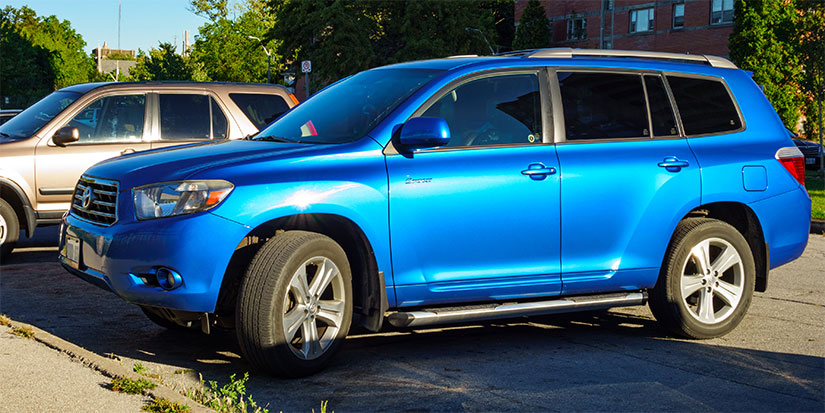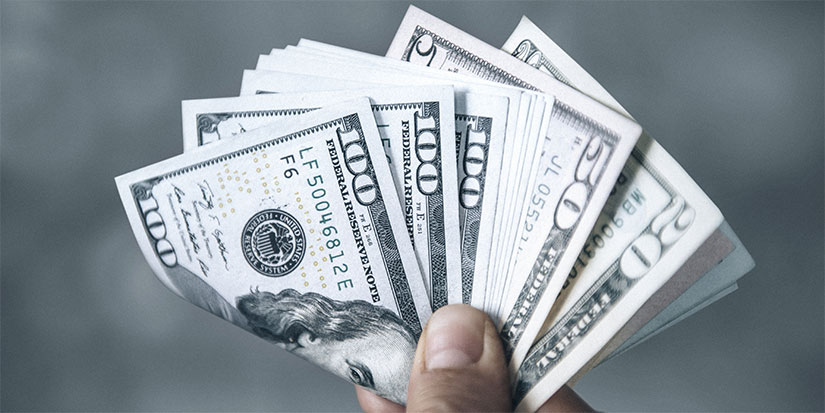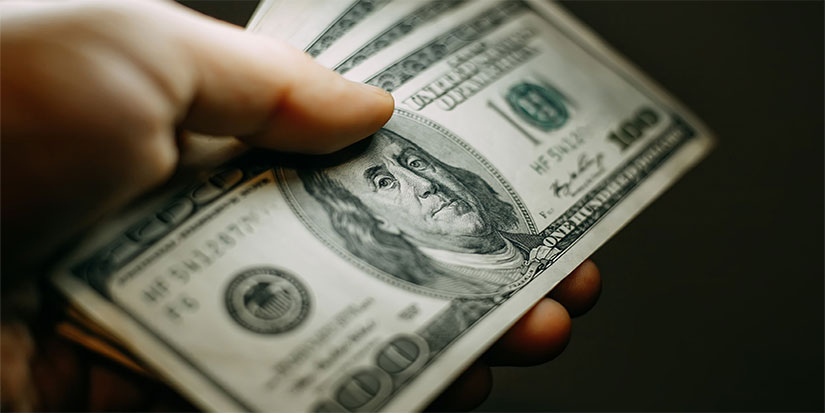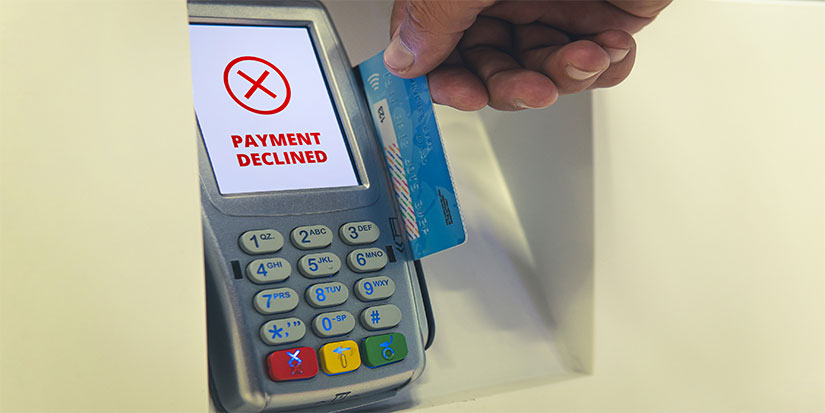
Owning a Beater Car
There is something to be said for a beater car. And these days, buying a new car is a luxury.

I Was Right About Everything
I wrote No Worries mostly in 2021, in the interregnum between winter and spring semester in my MFA program. I had bold ideas, but they had not yet been put to the test.

The Urge to Splurge
The purpose of money is enjoyment. If you do all the basic things right, then you can splurge on yourself sometimes.

Points and Miles
Here is the thing with miles and points: People spend a lot of mental energy trying to figure out how to get the miles and points, and then they get the miles and points but never use them.

Buying a House in Today’s Interest Rate Environment
Even if you’re not up to your eyeballs in the financial world, you have probably heard that interest rates have come down a bit. Ten-year interest rates have dipped about 1%. Thirty-year fixed-rate mortgages are benchmarked off 10-year interest rates, so mortgage rates have come down about 1%.
Pretend you are borrowing $400,000. With mortgage rates going from 7.5% to 6.5%, the monthly payment is about $270 lower. Is that enough to get people off the fence to buy a house?
I don’t think it is, and I’m speaking from personal experience. I’m trying to sell a house, without much success, and I’ve been hoping that interest rates would drop. They did, and transaction volume in my area hasn’t picked up. Maybe this makes a difference to someone who got a mortgage at 8% and is now looking to refinance, but I think the average potential homebuyer is still waiting for interest rates to fall even further.
Well, they might not. I do think 10-year interest rates will drop to about 3.5% or so, but a lot of people who are not too financially sophisticated are wishing for the days of 2.5% mortgages. I seriously doubt we are getting back there, for a lot of reasons that are a bit too complex to get into here. We should be very happy with a 6% mortgage over the coming years.
Homebuilder Stocks Are Going Parabolic
I’m not sure if you’ve been paying attention to the homebuilder stocks, but they are going parabolic.
There are a few vectors at play here, the first being that we had a long period of underbuilding, and now we have a period of overbuilding. Capitalism being what it is, we will build until we’ve built far too many houses. There will be a glut, and prices will drop.
Myrtle Beach is the #1 fastest-growing metropolitan area in the country. DR Horton and Lennar are building (quite literally) tens of thousands of houses. Sure, the demographics are favorable, but I wonder if it won’t take years to work off this supply. It’s mind-boggling. As they say, the cure for high prices is high prices. The builders are building because prices are high and the margins are fat. They are offering incentives (teaser rates), but it is not cutting into their profits too much. I take a dim view of all of this.
Buying a House Is Risky
I do not think now is an especially good time to buy a house. Some people don’t have a choice as to when they buy a house, though—they move somewhere for a new job, and they have to buy.
At this point in the cycle, owning is more expensive than renting. And one thing I talk about in No Worries is the idea that buying a house is probably the riskiest financial decision you will ever make. If you overpay for a house, you might not go bankrupt, but if you are spending 50% of your income on mortgage, insurance, and property taxes, plus maintenance, it will crowd out your ability to save for retirement.
Remember: Debt is the chief activator of financial stress. If you have a lot of debt, you will have a lot of stress. Don’t let buying a house become an emotional decision. Run the numbers. Make sure you can afford it. Your housing costs should be less than 25% of your income. Maybe 30% if you stretch.
With interest rates and housing prices high, homes are exceptionally unaffordable. That’s just a fact. When will they become affordable again? I have no idea.
You might be in the position where you’re renting, and you really don’t want to rent, and you can’t see yourself renting for another five years. I get it. But you don’t have to own a house. There is a cult of homeownership in this country. All the 27-year-olds write in and tell me that they don’t feel like an adult unless they own a house. There are advantages to owning a house, for sure—it is a bit like a forced savings program, and you own an asset that will probably appreciate over time. But if you buy an overpriced asset, it will take a long time to appreciate.
Having said all that, if you must buy a house, the environment is a lot better than it was even a few months ago, with lower interest rates and prices starting to edge down a bit. It’s gone from being a seller’s market to a buyer’s market.
And remember, you can always refinance. If you get a 6.5% mortgage today, you can always refi into a 5.5% mortgage a year from now if rates continue lower. You are not a bond trader. You cannot forecast the direction of interest rates. But you always have the option to refinance.
It's tough out there, so be smart.

Jared Dillian, MFA
P.S. Jared Dillian Money has gotten a makeover. You can now find course offerings here, with topics including personal finance, saving, investing, retirement, market analysis, and more. Note that if you already own the PDFs, you can log in to your members’ area to access them in their new form—with step-by-step lessons aimed to guide you through at your own pace.
|
